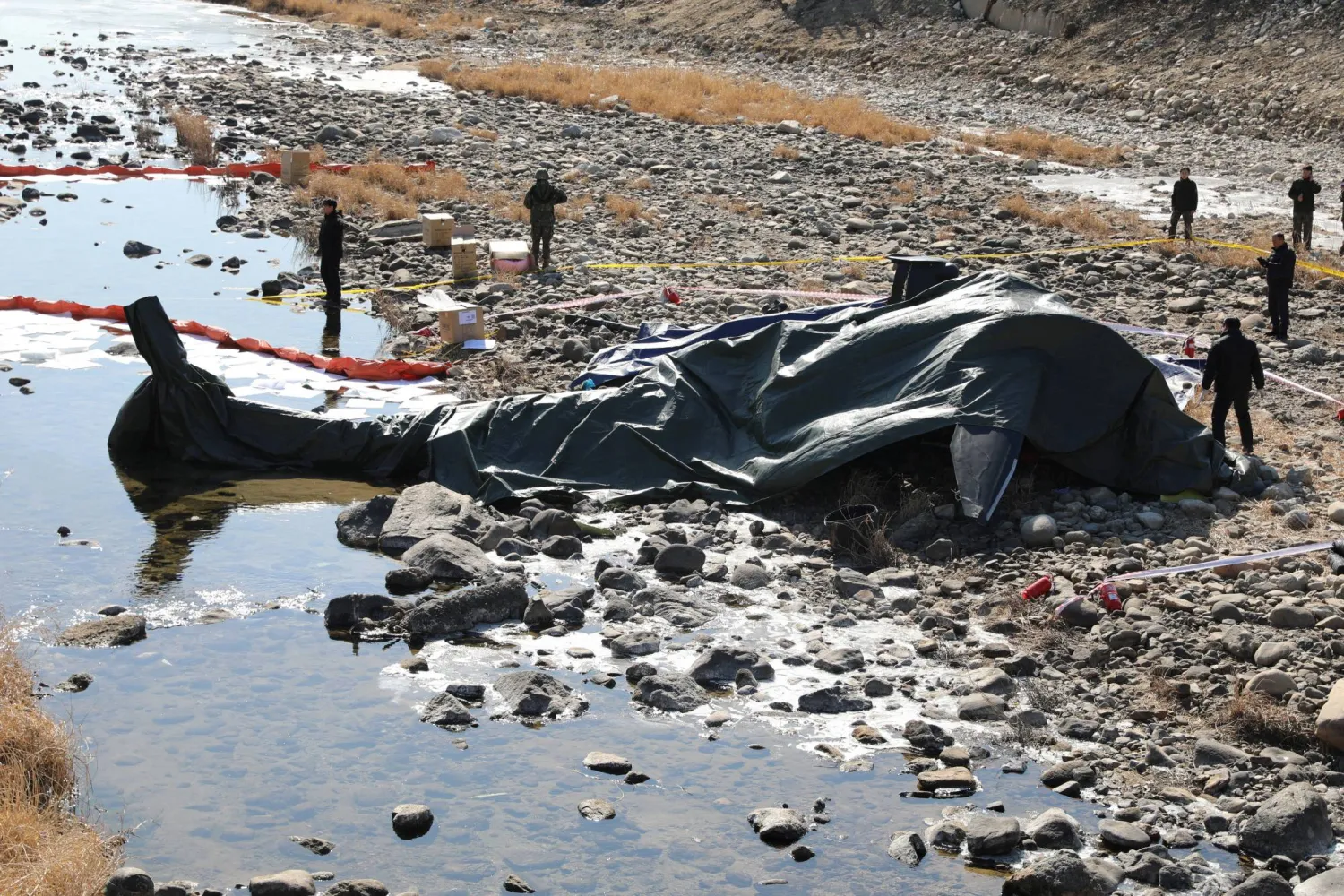US Democratic Representative Ted Deutch expressed Tuesday his deep concern about Iran’s announcement that it will not turn on the monitoring cameras of the UN watchdog (IAEA) until a 2015 nuclear deal is revived.
In a series of tweets, Deutch said that Tehran’s decision is extremely worrying, underscoring his “deep concern about how any nuclear deal with Iran can be verifiable and enforceable.”
The US representative’s tweets came after Rafael Grossi, the director general of the International Atomic Energy Agency, said that Iran's nuclear program is “galloping ahead” and that in June, the IAEA would lose its understanding of Iran's program if the cameras were not restored in three or four weeks, a window that has since passed.
Tehran’s announcements reflect its “dangerously escalatory nuclear behavior,” Deutch said.
In an interview with CNN on Monday evening, Grossi said Iran “has to restore all our inspection capabilities" as the country declares it will keep cameras monitoring its nuclear activities switched off until a deal is struck.
“As we speak, Iran continues to enrich more uranium at very high level of isotopic enrichment. Iran is manufacturing last generation centrifuges which are necessary to enrich this material,” he stressed.
Grossi said the UN watchdog is objectively describing the facts of Iran’s activities, stressing that the IAEA has no information that the Iranians are making nuclear weapons.
At the same time, he said, “what they are doing is not banal because this is very high degree of enrichment which is very close to weapon-grade as the Iranians are enriching at 60 percent.”
He then said the Iranians have been removing a number of cameras that the watchdog has installed in different facilities in Iran.
Grossi said that to jump to the conclusions that Iran is manufacturing nuclear weapons, “I don’t think this is a sensible thing to say because we need to have information.”
He stressed that Iran keeping IAEA’s inspectors away and monitoring cameras off leaves the international community blind as to what is really taking place there.
“We are saying this is relevant. They have to restore all our inspection capabilities, that if they want to be trusted confidence must be there. In the nuclear field the only way to have confidence is to be inspected,” the UN watchdog’s chief said.
He reiterated that the IAEA is not a negotiator with Iran but the guarantor, adding that the negotiations are not yielding the results they should be.
Meanwhile, US State Department spokesperson Ned Price said in his daily briefing on Monday that Iran’s announcement that IAEA cameras will remain turned off until an agreement is reached on the 2015 deal - called the Joint Comprehensive Plan of Action (JCPOA) - is “extremely regrettable, to put it mildly.”
Price then warned that Iran’s behavior regarding inspections “only complicates the challenges associated with a potential mutual return to compliance with the JCPOA. It only deepens the nuclear crisis that Iran itself has created.”
Asked whether he expects any new steps regarding the talks between the US and Iran, Price said it’s difficult to say because the fact is that it is – the onus is on Iran to come forward to make clear that Tehran is ready to engage constructively, to put aside extraneous issues, and to talk in good faith about the deal that has been on the table for some time.
Regarding a phone call between French President Emmanuel Macron and Iranian President Ibrahim Raisi, he said the Elysee put out a statement and made clear that Macron “conveyed precisely the same message we have conveyed indirectly to the Iranians, the same message we had issued publicly for some time.”
“We are prepared to re-enter on a mutual basis the JCPOA. But of course, mutual means it’s a two-way street; the Iranians would need to do the same. We have not yet, at least to date, seen the Iranians indicate that they’re ready to do that,” the spokesperson stressed.









